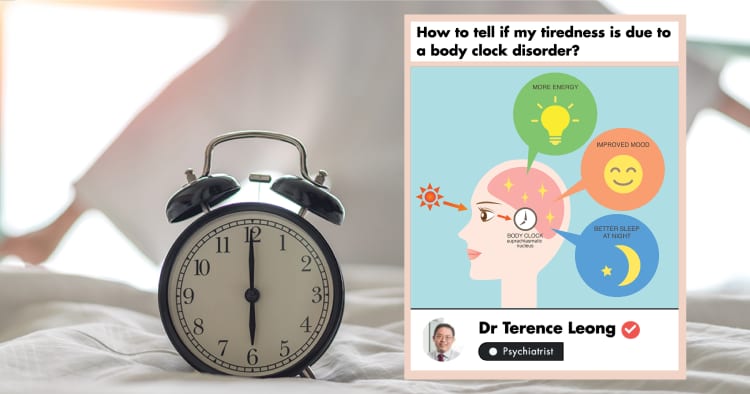Sleep. It’s said to be even more vital to health than food or water. With numerous ailments and biological problems associated with inconsistent sleeping patterns, one of the most common consequences of bad sleeping habits is obviously tiredness. However, specific causes of tiredness can often be difficult to identify. In many cases, the problem lies within the circadian rhythm of sleep.
Dr Terence Leong currently holds a Senior Consultant Psychiatrist position at Promises Healthcare located in Novena Medical Centre. In a Human post, he spoke in detail on the circadian rhythm of sleep and how it could lead to tiredness. Here's what he had to share.
What is the circadian rhythm?
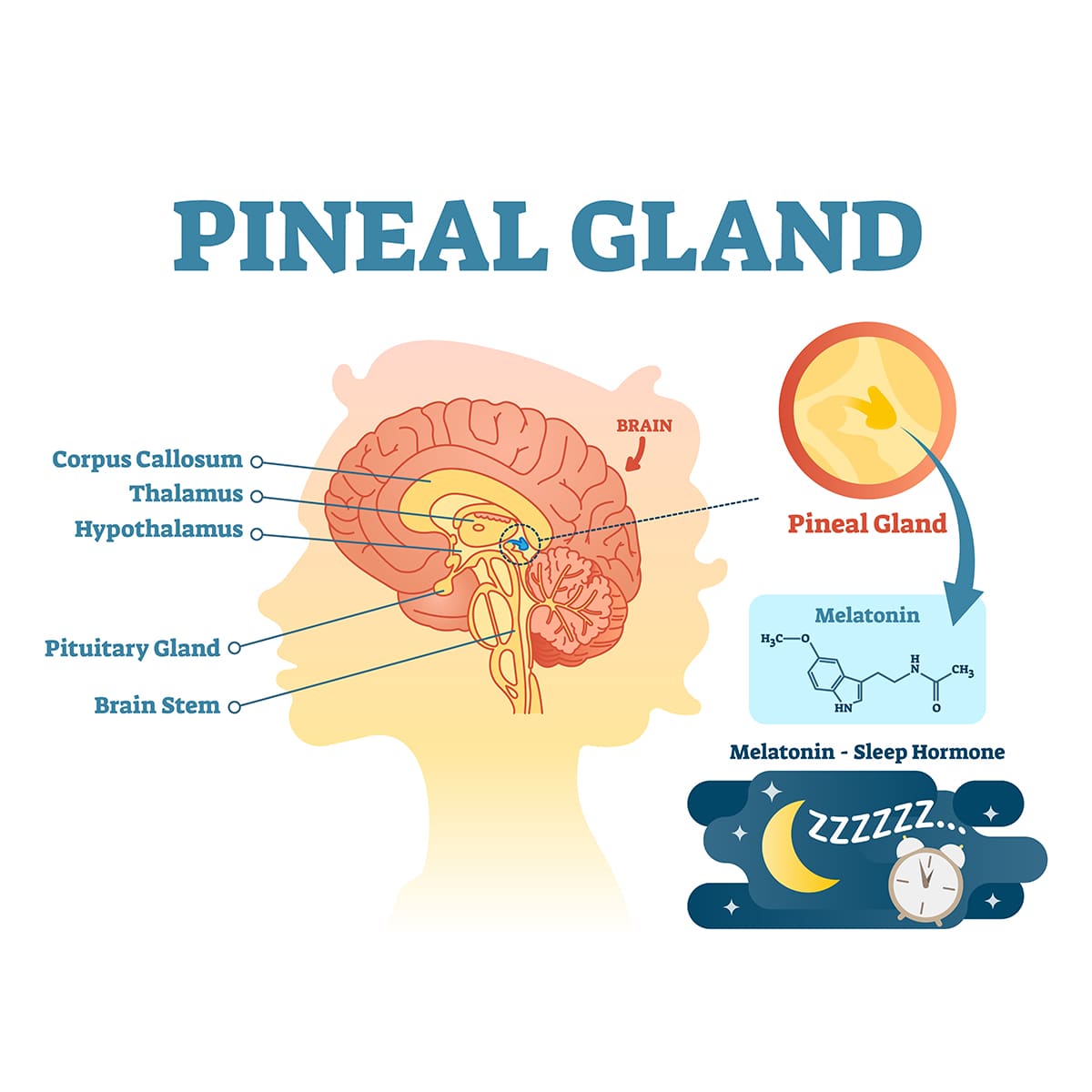
The circadian rhythm, described as a natural, internal process that regulates the sleep-wake cycle of an average person, is a process that is repeated roughly every 24 hours and correlates with the body's master clock (known as SCN) which controls the production of melatonin (a hormone that induces sleep). This rhythm helps determine optimal sleep patterns. [1]
When does a circadian rhythm sleep disorder (CRSD) occur?
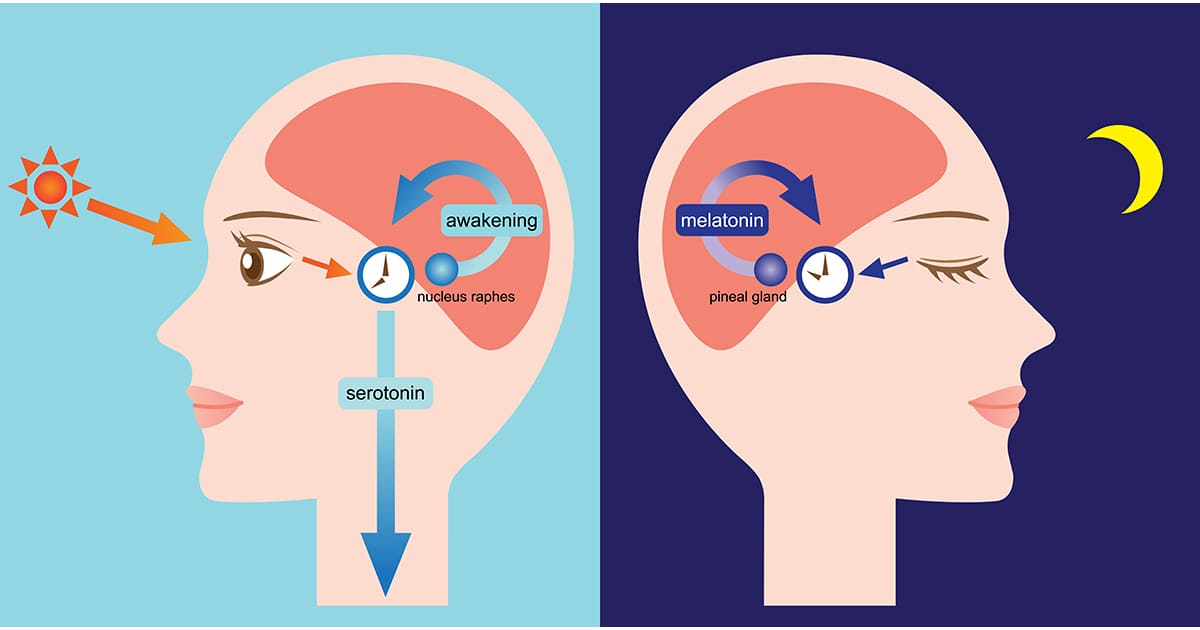
When a person's body clock is frequently disrupted or when it is misaligned to the external environment, circadian rhythm sleep disorders begin to arise and, as a result, biological rhythms are impaired. This can affect a person's quality of life, impacting facets like work, study, and daily life schedules. [2]
There are two main types of disturbed sleep

Hypersomnia, described as excessive sleep, can affect a person's regular daily routine, work and studies, while Insomnia (an inability to sleep at night) can result in daytime fatigue. [3]
How many types of CRSD are there?

There are mainly 6 types of CRSD which consist of:
Delayed sleep phase disorder: common in young people and entails difficulty falling asleep at normal times as well as waking up at normal times.
Advanced sleep phase disorder: more common in the elderly, involves going to sleep earlier and waking up earlier than others.
Irregular sleep-wake rhythm disorder: when a person suffers from fragmented and disorganised sleep over the 24 hours of the day.
Non-24-hour sleep-wake disorder: sleep-wake patterns that are out of sync with the usual 24-hour light-dark environmental cycle (often found in blind people who can't detect light).
Shift work sleep disorder: developed by people who work night shifts or have irregular working hours.
Jet Lag: difficulty maintaining sleep due to a misalignment between the body clock and external environmental cues (caused by flying abroad for instance).
There are other causes of CRSD
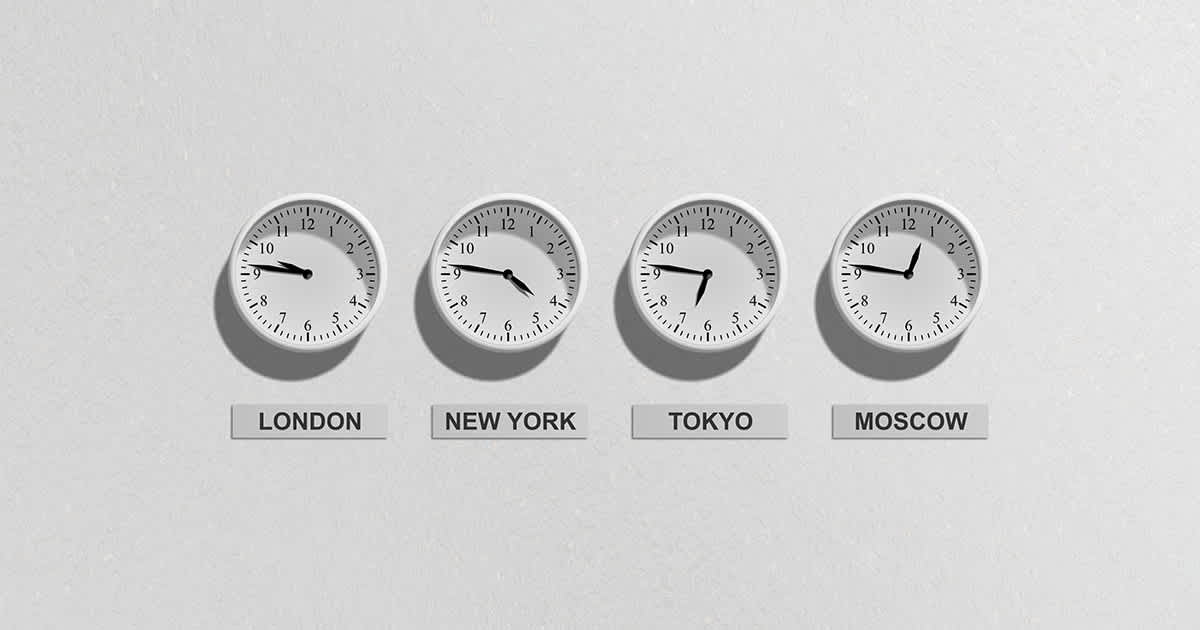
In addition to the aforementioned causes like changes in time zones or shift work, a circadian rhythm sleep disorder can be connected to various factors, including pregnancy, medication, and changes in routine. [4]
What are the treatments available for CRSD?
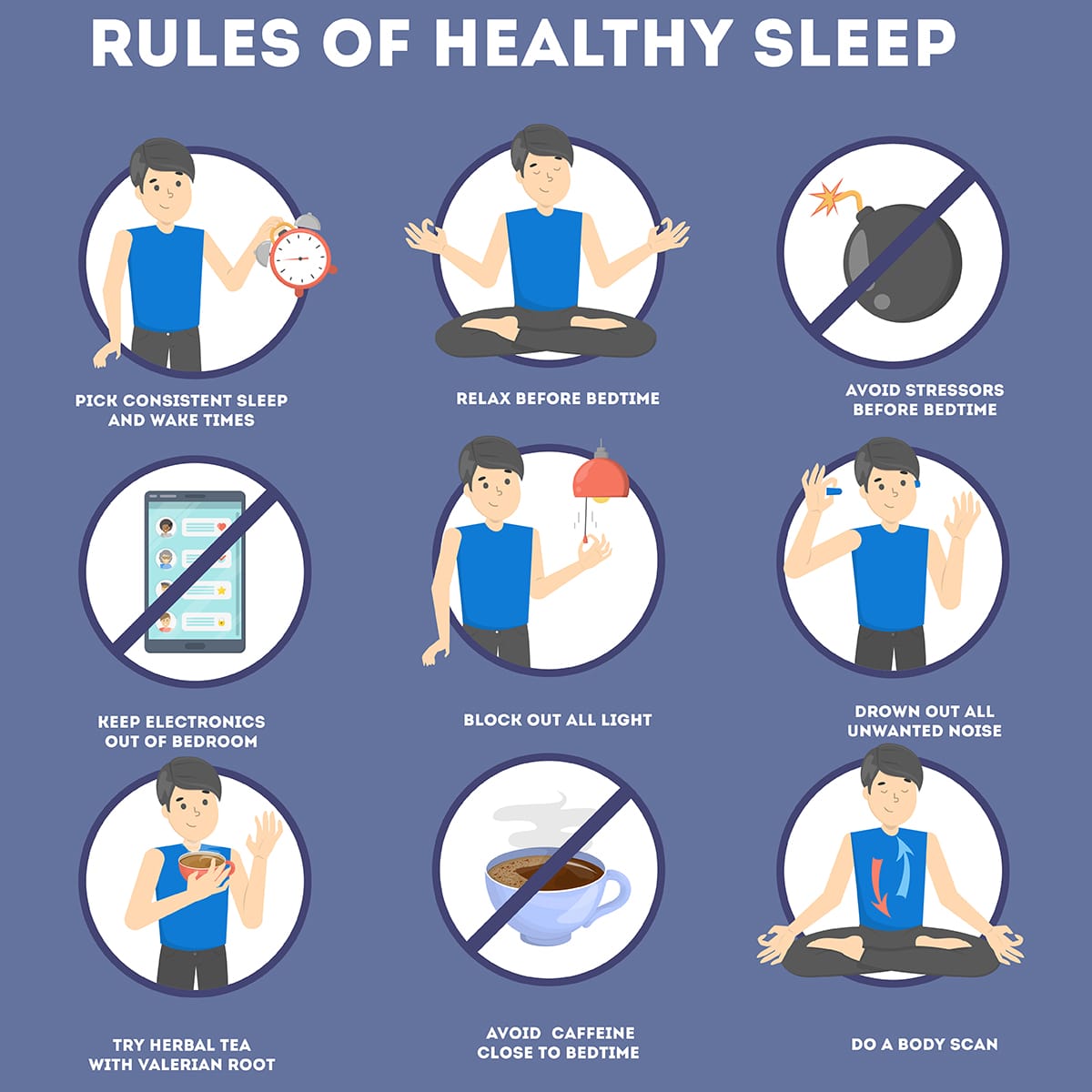
Fortunately, there are plenty of treatment options available, that are targeted at the various circadian rhythm disorders. These modalities include: [5]
Behavioral therapy: which plays an important role in the treatment of circadian rhythm sleeping disorders by instilling better lifestyle habits such as:
maintaining a regular sleep-wake time,
engaging in regular exercises, and
avoiding caffeine, nicotine, and stimulating activities nearing of bedtime
People with delayed sleep phase syndrome should minimize exposure to light in the evening by reducing indoor illumination and refrain from using brightly-lighted TV and computer screens.
Those with advanced sleep phase syndrome should ensure some exposure to light in the evenings by keeping lights on at home or spending time outdoors.
Bright light therapy: is used to advance or delay sleep by resetting the circadian clock. It is recommended to consult a sleep specialist regarding the therapy due to the criticality of the timing when receiving it. A high-intensity light of 10,000 lux will be required and the duration of exposure varies between 1 to 2 hours.
Medication: such as melatonin, wake-promoting agents, and short-term sleep aids are helpful in adjusting and maintaining the sleep-wake cycle that best fits a person's schedule. As introduced, Melatonin is a sleep-inducing hormone that is available over-the-counter and is particularly effective in treating jet lag.
Chronotherapy: is a progressive advancement or delay of sleep time depending on the type and severity of the disorder. The therapy would require a firm allegiance on the part of the patient and caregiver as it is can take weeks to successfully adjust the sleep-wake cycle.
Given the differences in each treatment options, it is important to tailor the treatments accordingly to the individual's type and severity of the disorder. It was revealed in an American Academy of Sleep Medicine review that the tailoring of treatment for patients with circadian rhythm disorders helps to improve the chance of success. [6]
Sadly, sleep disorders are common in this day and age and might sometimes simply be viewed as part and parcel of our fast-paced modern lifestyles. There are ways to manage these disorders. Psychiatrists or other medical professionals may be able to assist patients and help them benefit from a correct understanding of sleep management.
-------------------
Would you like to ask any related health questions?
You can Ask A Doctor right away, or view the complete list of Human Sessions.
